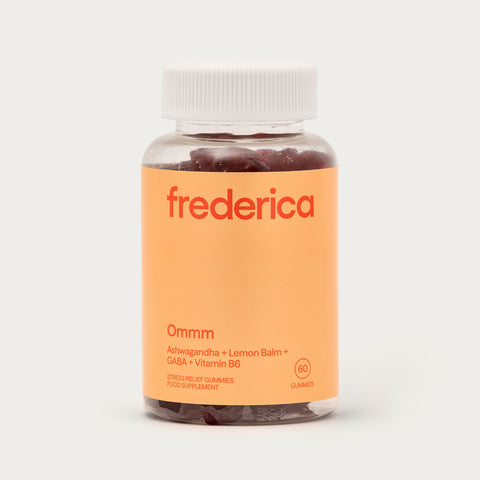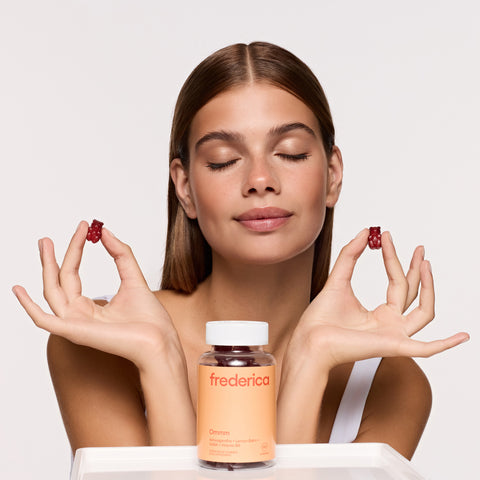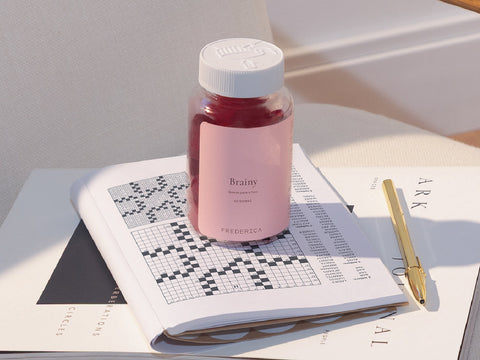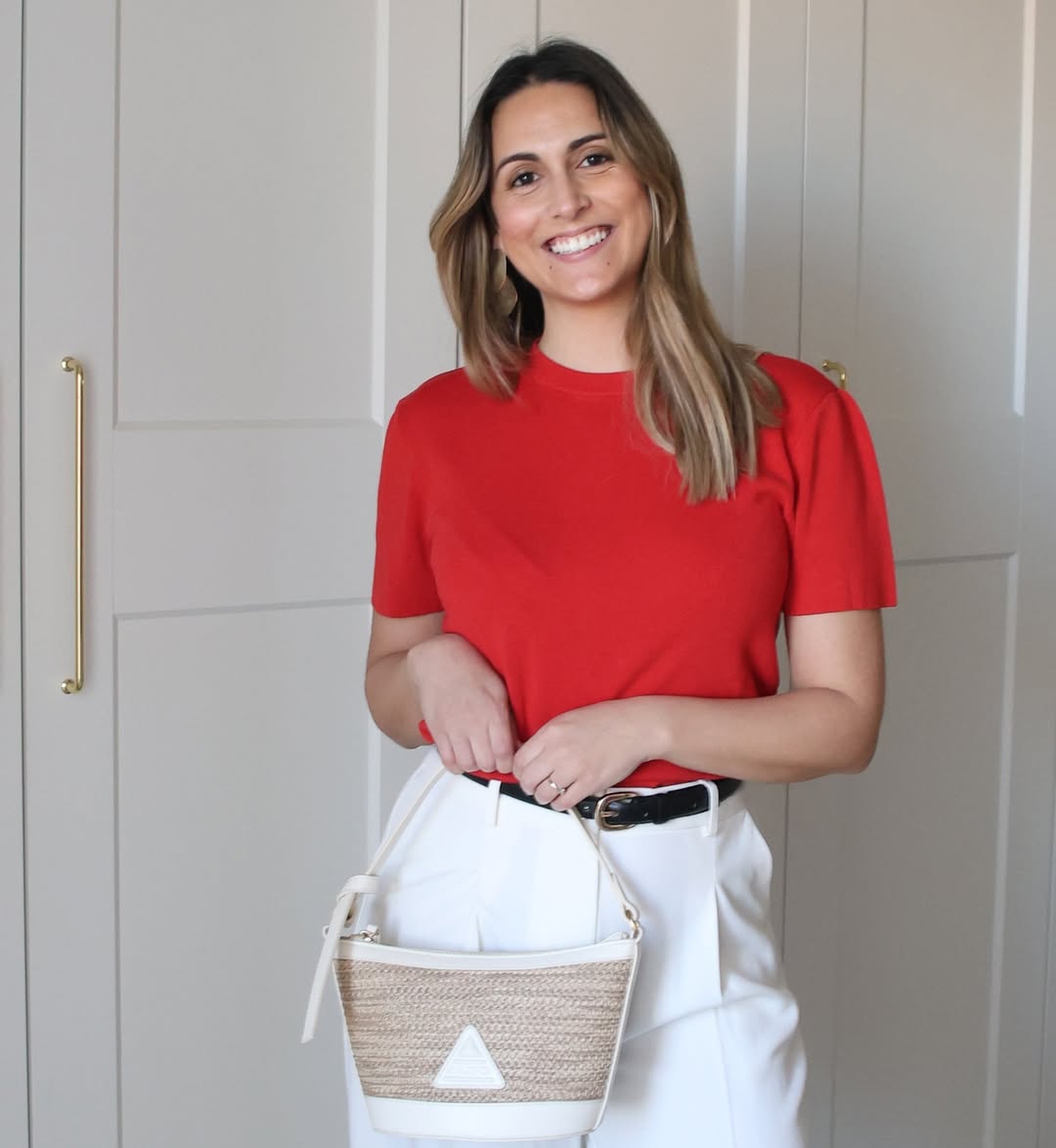Nowadays, anxiety is one of the most common conditions that, when excessive and poorly managed, affects our mental health. The demands of work, social life, family responsibilities, and the constant presence of digital stimuli often make us feel overwhelmed. It's no wonder that each of us, human beings living on a frantic tightrope between feeling and acting, supported by both social and digital networks, wants to end states like anxiety in the blink of an eye. In this context, several products have emerged, including new tools, models, and expressions of interest in the field of well-being. One of these is the dietary supplement market, which increasingly offers a range of products, such as gummies with natural ingredients that complement the mind and improve overall well-being. But can a gummy really end our anxiety?
It would be strange for a psychology professional to have studied so much, to have invested so much in their academic and practical training, to ultimately say, "Yes, gum can help with anxiety." However, after all my professional training and years of practice, I can't say a resounding "no." The reason for this is simple, though complex, if we weren't talking about the rare creature that is the human being, and their (innocent?) desire to end anxiety.
Note that until now, when I've written the word "end ," I've italicized it. This isn't innocent. I often hear comments in my doctor's office, on public transportation, and in conversations with friends or colleagues that tend to align with the idea of eliminating anxiety from our lives.
I couldn't be more against this idea.
Anxiety is a multifaceted condition that can be caused by a combination of genetic, environmental, psychological, and biological factors. It's an evolutionary process that allows my mind and body to stay alert and safe.
So, let's rephrase the question "how can I end my anxiety" as "what ways do I have or can I learn to better manage my anxiety?" And now the situation changes. Now the question "can a gummy help me better manage my anxiety" becomes more innocuous, i.e., less problematic for a more conservative healthcare professional.
Why, we must ask. The answer remains simple, albeit with complex contours. The thing is, I'm not thinking of a cause-effect model like this right now:
Anxiety → gum → decreased anxiety
Now I'm thinking dynamically, that is:
Anxiety → gum → gym → psychotherapy → dining out → creating healthy habits → improving anxiety management → living with and taking advantage of anxious moments
The model becomes more complex, but the translation is simple. If a supplement containing ingredients and scientific research demonstrating their benefits helps a person develop healthy habits, why shouldn't that person do so?
Now, if the scenario is illustrated with this person taking just one gummy and ignoring all the points (and some more that weren't mentioned) of the model, then, even without scientific research to corroborate me, I believe that the anxiety levels will not only be the same, but the frustration level will be even higher, because the person will think, "So, I took the whole box of X product, and I'm still worse?" It's natural; they forgot the most important part of achieving those healthy habits.
Thus, the purpose of this text goes beyond defending or attacking the use of supplements like jelly beans. Besides, who doesn't like jelly beans? The goal is to foster two extremely important skills: (i) critical thinking: so that each person can investigate the options available, and the scientific and peer-reviewed validation of these options; and (ii) creativity: so that each person can find their own model for promoting healthy habits. I've been a psychologist for over 10 years, and with all my limitations, like any other professional, I've had cases where the psychotherapy timing wasn't ideal for a particular patient in my consultation. Or perhaps I wasn't the right professional at that moment. I remember someone I worked with who intended to have weekly appointments but always mentioned a desire to go to the gym. When I asked why he didn't also exercise, he replied that it wasn't possible at that time to invest in both a gym and psychotherapy. The first thing that came to mind was to suggest that we start scheduling appointments longer so that he could invest in the gym. We concluded that it was the right option, and shortly after, our model ended up adapting to the person's needs.
What I mean by this example is that each of us has our own way of managing emotions and states. We must be, or find a way to be, responsible for this management—except in extreme and/or risky cases.
Finding ways to manage issues like anxiety will promote healthy habits, which are the most important factor for long-term mental health. Some practices for improving healthy habits include:
Regular Physical Exercise: Physical activity has a direct impact on reducing anxiety. Aerobic exercise, such as walking, running, or cycling, increases the production of endorphins, chemicals that promote feelings of well-being. Exercise also reduces cortisol levels, helping to balance the stress response system.
Quality Sleep: Getting good sleep is essential for maintaining good mental health. Inadequate sleep is directly linked to increased irritability and worsened anxiety. Creating a consistent, quality sleep routine can help reduce the impact of stress on your daily life.
Balanced Diet: A nutrient-rich diet is essential for emotional balance. Foods rich in omega-3s, such as fish and walnuts, have shown positive effects on mental health. Additionally, ensuring a good intake of vitamins and minerals, such as B complex (including vitamin B6), can help regulate mood.
Mindfulness and Meditation: Practicing mindfulness or meditation helps train the mind to focus on the present, reducing the tendency toward anxious thoughts or rumination. Setting aside a few minutes a day for these practices can have a profound impact on how we manage stress.
Psychological Therapy: If anxiety is persistent or significantly interfering with quality of life, seeking professional help is an important choice to help restructure the thoughts and behaviors that maintain anxiety.
The Role of Supplements
Returning to the initial question: can a gummy cure anxiety? The honest answer is no, a gummy alone won't solve anxiety. But neither will a psychology consultation alone. Supplements can be important allies on the path to self-care. Ultimately, the key to managing anxiety lies in a balanced and integrated approach. By adopting healthy habits like exercise, good nutrition, quality sleep, and relaxation techniques, we can promote a calmer mind and a more resilient body.
Francisco Valente Gonçalves, Clinical Psychologist & Director of RUMO
Specialist in clinical and health psychology. He works primarily in the areas of motivation, decision-making, and emotional regulation with adults. Professional license number 16216.


































